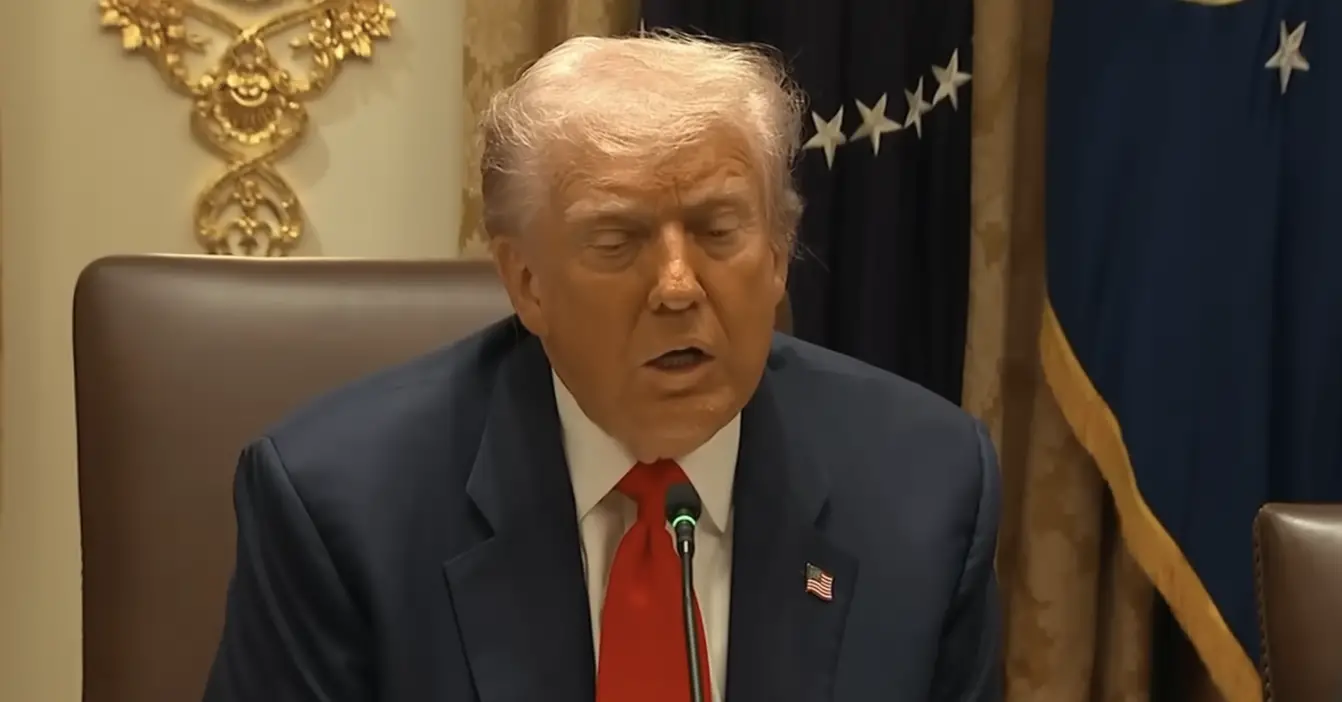President Donald Trump has threatened to press FIFA to move 2026 World Cup matches scheduled for the Boston area unless local authorities “clean up” what he called unsafe conditions, prompting an immediate rebuke from Boston Mayor Michelle Wu and clarifications from FIFA that venue safety obligations rest with governments but host-city selection is a matter for the federation. Speaking to reporters in Washington, Trump said he could call FIFA President Gianni Infantino and have matches reassigned if he judged Boston to be falling short. “Somebody said, ‘Would we think about taking the World Cup away from Boston if they don’t straighten it out?’ The answer is yes. We have the right to do that with FIFA,” he said, adding of Infantino, “He wouldn’t love to do it, but he’d do it very easily.” The president tied his remarks to a recent incident of street violence, saying parts of the city had been “taken over,” and signaled that he might make similar requests about other U.S. host cities if he concluded public safety was deteriorating.
The comments, delivered eight months before kickoff, immediately raised questions about the White House’s practical authority over a tournament whose host cities were selected by FIFA in 2022 and bound to event contracts overseen by the international body. Boston is one of 16 metropolitan areas across the United States, Mexico and Canada slated to stage matches next summer, with games in Greater Boston set for Gillette Stadium in Foxborough, 22 miles southwest of the city. Wu dismissed the threat as political theater. “There’s no ability to take away the World Cup games,” she said, arguing that contractual arrangements prevent unilateral changes and that the city is “honored and excited to host.” She accused Trump of “targeting Boston values” and said the city would not be pressured into changing policy by insinuations about crime.
FIFA did not address Trump’s remarks directly but reiterated that governments bear legal responsibility for safety and security at host sites while FIFA oversees tournament operations and host-city compliance. In public statements following the episode, the organization underlined that all 16 host cities must meet security requirements; it offered no indication that matches were at risk of relocation and gave no sign of any request from the White House. The federation’s posture echoed long-standing practice: World Cup security plans are designed and delivered by national, state and local authorities, with FIFA setting standards and conducting readiness reviews in the run-up to the event.
The standoff placed Boston at the center of a wider political narrative that Trump has sought to extend to other U.S. hosts. In the same exchange with reporters, he suggested that if he deemed conditions “unsafe,” he could push for matches to be removed from other West Coast venues, naming San Francisco and Seattle in particular. He also drew a parallel to the 2028 Los Angeles Olympics, saying the logic would apply there as well should he conclude preparations were inadequate. The White House did not publish a formal policy paper elaborating on legal mechanisms for such interventions. FIFA Vice President Victor Montagliani has previously downplayed the prospect of late venue changes, emphasizing the contractual framework that governs host cities and the substantial logistical and financial barriers to moving games at short notice.
